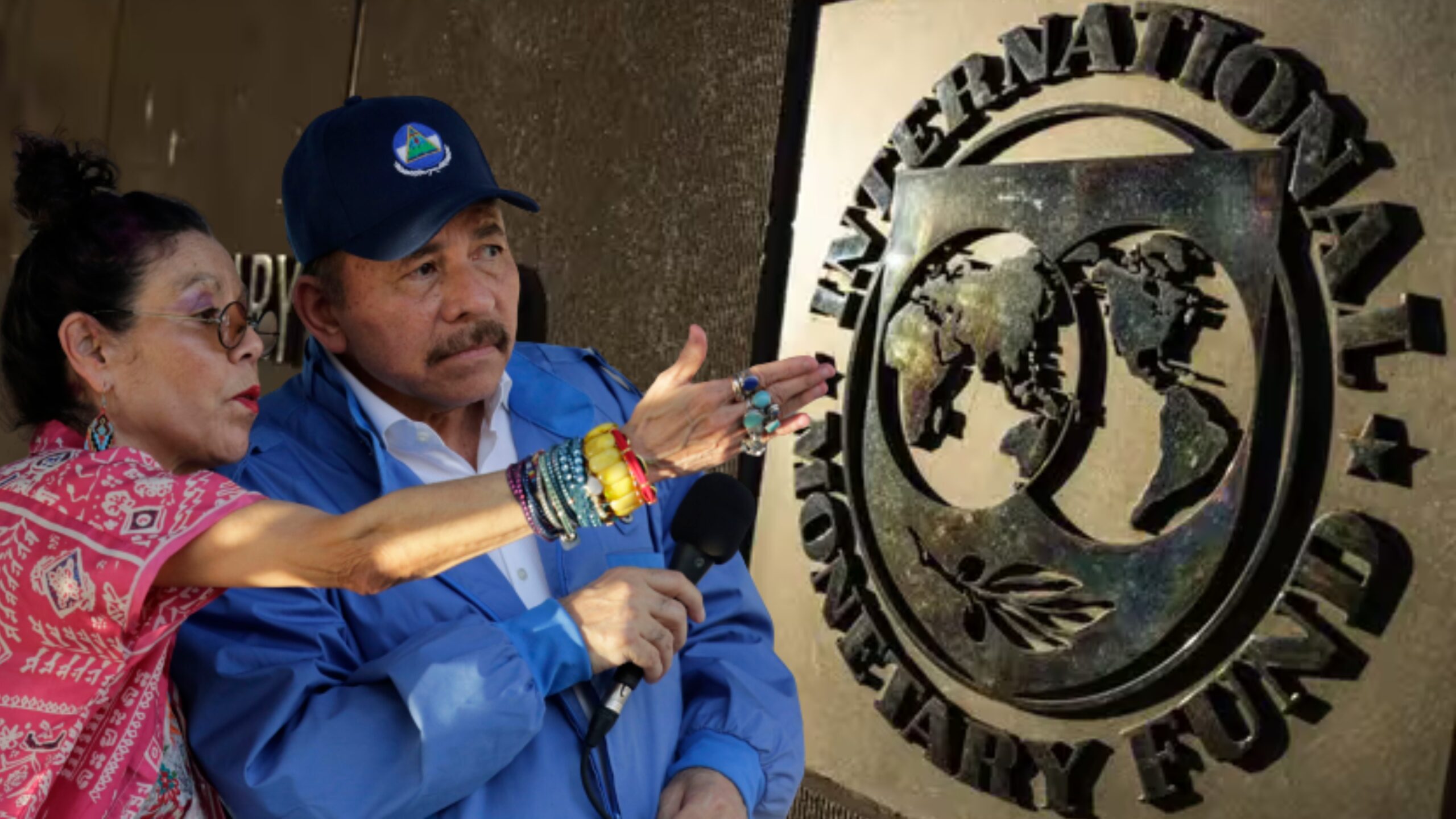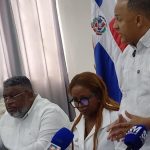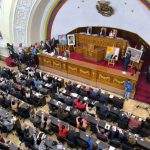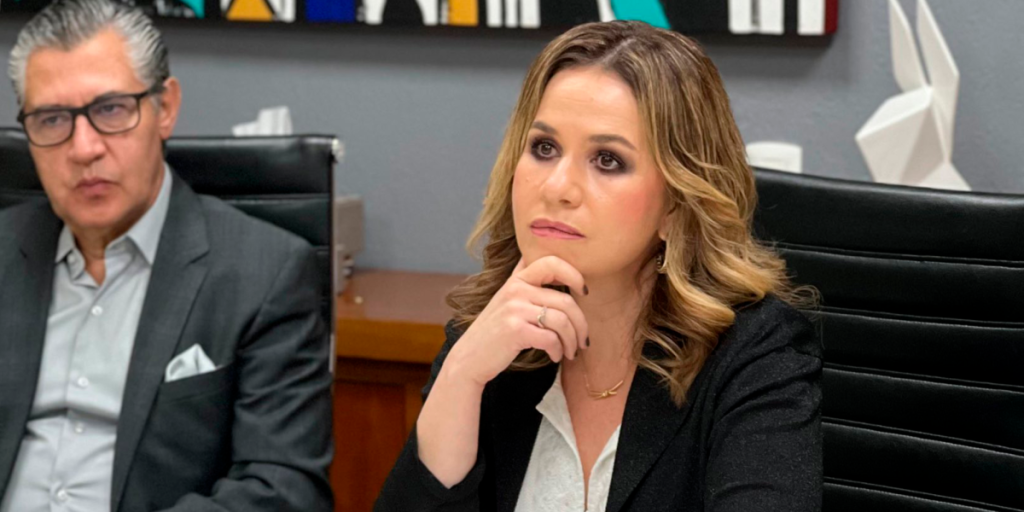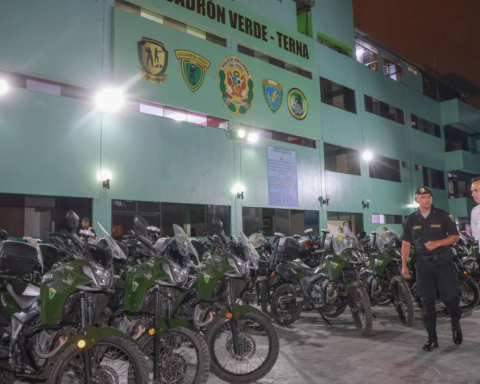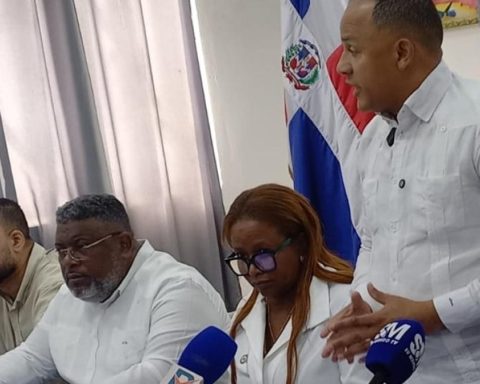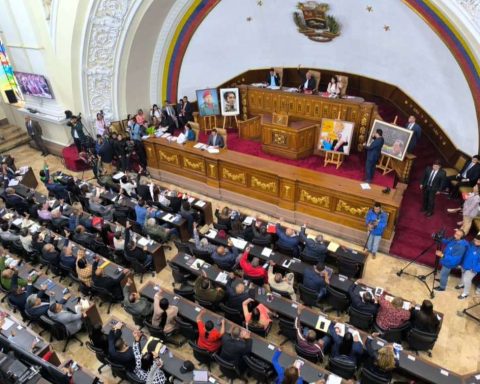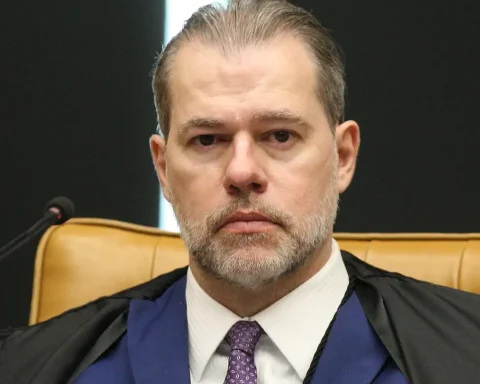The Nicaraguan Democratic Concertation (CDN-Monteverde) sent a letter addressed to the managing director of the International Monetary Fund (IMF), Kristalina Georgieva, expressing its “deep concern” about the recent preliminary statement issued by the IMF technical mission after the consultations of the Article IV in Nicaragua. The communication, signed by Eliseo Núñez Morales, executive secretary of the CDN, questions the focus of the report by omitting key elements on the impact of the political crisis on the country’s economic performance.
In the letter, Monteverde emphasizes that “it is not possible to separate political conditions from economic behavior” and criticizes that the report has ignored the “continuous violations of human rights, including impunity in the commission of crimes against humanity, the dismantling of democratic institutions, the systematic destruction of political parties and the arbitrary cancellation of 80 percent of civil society organizations, including all business and union organizations, (which) sooner rather than later, will negatively influence Investment “Direct Foreign” in Nicaragua.
The opposition organization points out that it is “incomprehensible” that the IMF congratulates the regime of Daniel Ortega and Rosario Murillo for its economic performance and fiscal policies, while Nicaragua faces an “institutional regression.” This congratulation, says Monteverde, occurs “on the same day that a new Political Constitution was approved in the first legislature that eliminates the rule of law by annulling the powers of the State which it converts into bodies under the domination of the ruling couple.” , notes the letter.
Related news: IMF to Ortega: “Strengthen the rule of law, safeguard judicial independence and respect private property”
The document also questions the sustainability of public finances in Nicaragua, arguing that the economic growth projected for 2025 depends on a Public Investment Program financed by a “collective voracity” that subjects companies to blackmail and abusive charges. Furthermore, it points out that a significant part of public spending goes to the repressive forces of the regime, to the detriment of key sectors such as education and health.
The CDN-Monteverde criticizes that the technical report omits the analysis of the mass migration of more than 900,000 Nicaraguans, a phenomenon that they consider “devastating” for the country’s human capital and sustainable development. Likewise, it highlights that the preliminary note does not adequately address the structure of public spending or the effects of fiscal expropriations on the private sector.
The letter concludes by expressing the hope that the IMF’s final report will incorporate “assessments by independent economists” and a more realistic perspective of the economic and social situation in Nicaragua. “The mission’s press release does not reflect the true situation of the country and does not do justice to the recognized technical capacity of the IMF,” says the CDN-Monteverde.
The timid statement of the IMF technical team
The International Monetary Fund (IMF) issued a Statement from technical staff to which Monteverde alludes, in which he also urged the Ortega regime to «significantly strengthen the rule of law (and) safeguard judicial independence to support investor confidence».
Although timidly and without pointing out specific examples, the mission that was in Nicaragua between November 11 and 22, 2024 alludes to the confiscations carried out by the Ortega-Murillo regime against opponents, activists, journalists and businessmen, as well as the appropriation of assets of Civil Society organizations.
Related news: International financiers “must recognize the context of crimes against humanity in Nicaragua,” says Raza e Igualdad
The IMF team told the Nicaraguan dictatorship that «Recent actions, which have affected property rights, and reactions to international sanctions could affect investment decisions.
In the report, the Mission “recommends guaranteeing judicial independence in accordance with the international covenants ratified by Nicaragua; strengthen the transparency of administrative and judicial processes linked to property rights; and guarantee adequate, effective and fair resources in said procedures. It is also recommended to continue implementing initiatives to increase the efficiency and modernization of the judicial system.
Recognizes “anti-corruption framework” and remains silent on the submission of the Comptroller’s Office
The IMF also recognizes the dictatorship’s progress in the “anti-corruption framework”, but is silent about this submission to the Comptroller’s Office and is also silent about the government actions that have banned non-governmental entities that investigated and monitored the public service, and has criminalized to free journalism that carries out investigations into the management of Nicaraguans’ money.
Related news: International organizations, “accomplices” of the Ortega dictatorship: More than US$5,000 million delivered after 2018
“The authorities have taken actions to improve the anti-corruption framework, in line with previous recommendations, and other measures will need to be aligned with international best practices,” it says, without listing what those other measures would be.
«Efforts to digitize the asset declaration system and adoption of rules to protect whistleblowers are progress welcome,” the report highlights, although it also avoids referring to the imposition of government terror on officials who try to leak to journalists the cases of corruption committed by their superiors in the institutions.
